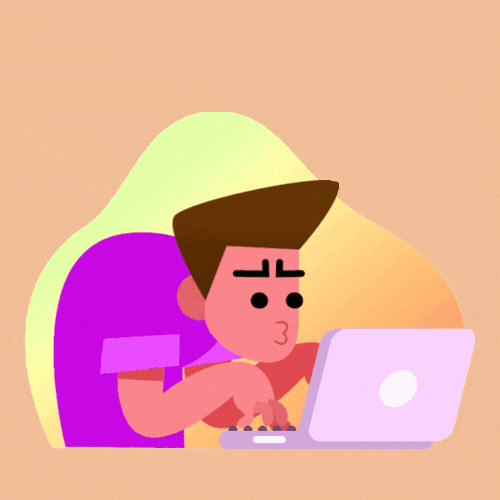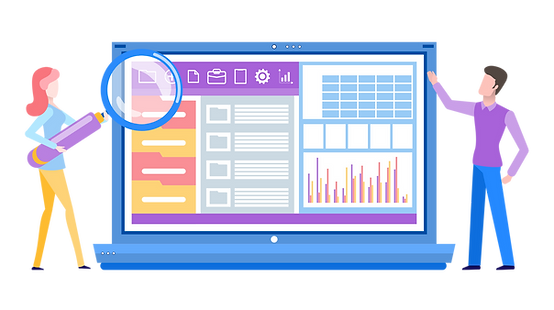INFORMATION LITERACY
AND
Online Learning
Mickey Angel T. Cortez. November 4, 2020
The 21st century is hailed as the era of the information highway. With the technological advancements and fewer restrictions owed to the advanced technologies and algorithms, there is a sudden surplus of information. Meaning to say: the supply exceeds the demand. In light of this, students like us usually face information overload, or when the information transcends our cognitive capacity in processing, filtering, and selecting information to accomplish coursework.
Being a student myself, I get to experience this, too, from time to time. In fact, if you were to ask me, one of the major challenges of online learning/online researching, in general, is not knowing which information to consider as useful or not, especially when the topic is multi-faceted, ambiguous, and complex. Oftentimes, getting started with information research is the toughest part to do. Indeed, you and I are not alone, as evidenced by the findings of this study, as illustrated by the infographic on the right.


Therefore, information literacy is a must-have skill of every student regardless of education level. Your information literacy level will pre-determine your success in this education mode, where you are independent and personally responsible for your learning.
Unlike in a traditional set-up, the information you have to learn in a distance learning mode of education is not spoon-fed to you by the professor in his/her lectures. Instead, the primary references of information are modules, supplemented by other course materials such as videos, images, and journal articles online. However, no matter how detailed the modules or course materials are, seeking other resources aside from what’s given is a usual occurrence before you can fully grasp the lesson.
Resources on the internet are equally created. With the ease of publishing content nowadays, most content is either low-quality, misleading, out-of-date, too advanced or behind, or even intentionally false, hence not suitable for your learning needs (University of Southern California, 2018). Information literacy will help you filter through the haystack to find the golden needle.
.png)

Source: Project Information Literacy Contributors (2020)

Besides, throughout our existence, we will need the internet's help to learn even the most quotidian tasks imaginable, such as how to cook rice properly or how to fix a tire. It is embedded in our psychological instincts to turn to Google to learn how to do something; this, in essence, is also a form of learning online. In other words, the utility of information literacy is not exclusive to learning in an academic sense but also in one's personal wrestle with life. In addition, being able to sagaciously discern which information will be a boon or bane is a significant aspect of your cognitive ability and a factor affecting your success in distance learning set-up.
According to the University of Southern California, information literacy is a set of skills with lifetime benefits. "It helps people do well in school, work, and personal matters because they can recognize the difference between good information and bad information and evaluate situations from several perspectives. " (USC, 2018, "What Skills Are Taught Through Information Literacy?", par. 3).
To summarize, the distance learning set-up demands more skillsets from the students than the usual set-up. Having a virtual classroom entails being literate of the internet and the gargantuan content and information it warrants to be published and flow with ease. One of these skillsets is information literacy because of the inevitable fact that you will have to search for more information online regarding a lesson or topic. Learning online is a discovery beyond academic purposes. As you graduate and transition to adulthood, you would still most likely consult the internet from time-to-time to search for the necessary information to aid your ways of living or find the answers to complex queries related to your occupation. The next section will be your guide on this ultimate voyage of discovery.
Learning Outcomes
-
Learners will identify the relationship between information literacy and online learning and education
-
Learners will describe the role of information literacy in lifelong learning
-
Learners will assess the significance of information literacy in their lives as a student and a human
References
-
Project Information Literacy Comtributors. (2020). What is PIL? In Project Information Literacy. Retrieved from https://www.projectinfolit.org/uploads/2/7/5/4/27541717/pil_infographic__3x.png
-
University of Southern California (USC). (2018, November 8). The Value of Information Literacy | Online Learning. USC Library Science Degree Online. https://librarysciencedegree.usc.edu/blog/what-exactly-is-information-literacy-and-what-role-does-it-play-in-education/
